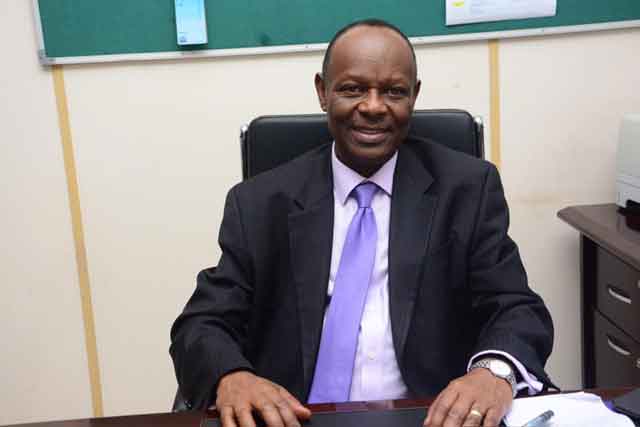
Kampala, Uganda | THE INDEPENDENT | The Ministry of Health (MOH) has asked providers in the private sector to periodically do a self-audit to see whether their performance is up to the standards.
In a circular sent out to hospital directors and in-charges across the country on Thursday, Dr Henry Mwebesa the Director General of Health Services said all health facilities irrespective of its level need to use the tool to assess themselves and address the gaps that will been highlighted during the process.
Explaining that the system known as the Self-Regulatory Quality Improvement System (SQIS) is accessible online through the google play store, Mwebesa said it has a checklist of key areas including the cadre of health workers employed, the infrastructure in a certain facility and how often they are serviced, customer care, records keeping in addition to management among others.
He said that the government will be providing training for private health providers to effectively use the new tool but after that, healthcare providers will be required to assess themselves twice each year.
Grace Kiwanuka the Executive Director Uganda Healthcare Federation (UHF), the umbrella body for private health sector, she said the tool comes in handy especially when private facilities have recently proved to be the first point of care for many Ugandans.
She said as a body, they have opened up for private providers who need help to get familiar with the tool to consult them whenever they encounter any difficulties. According to her, once users log onto the system, a quality improvement plan that is health facility specific is generated and offers tips on how those targets can be met.
Dr Katumba Ssentongo, the Registrar of the Uganda Medical and Dental Practitioners Council (UMDPC) said once they fully roll out, health facilities that complete the requirements highlighted by the tool will be issued a compliance certificate that should visible at the hospital premises.
He said that they will start using criteria that whichever facility doesn’t tick eighty percent of the checklist will not get a certificate renewal.
He however noted that the innovation does not scrap the old system completely as inspectors will always drop by facilities to check if what is exhibited in the data base is what is actually on ground. He also suggests that the tool should have where the public’s feedback on services offered by particular health facilities is captured.
The tool was first developed in 2016 using a paper-based checklist which was piloted in Kampala. Later on, they resolved to develop a comprehensive tool accessible through mobile phone but can feed into the database at the ministry.
*****
URN
 The Independent Uganda: You get the Truth we Pay the Price
The Independent Uganda: You get the Truth we Pay the Price



As aclient, I under go a process
Who captures my lived experience?
What are my expectations from a standard health facility?